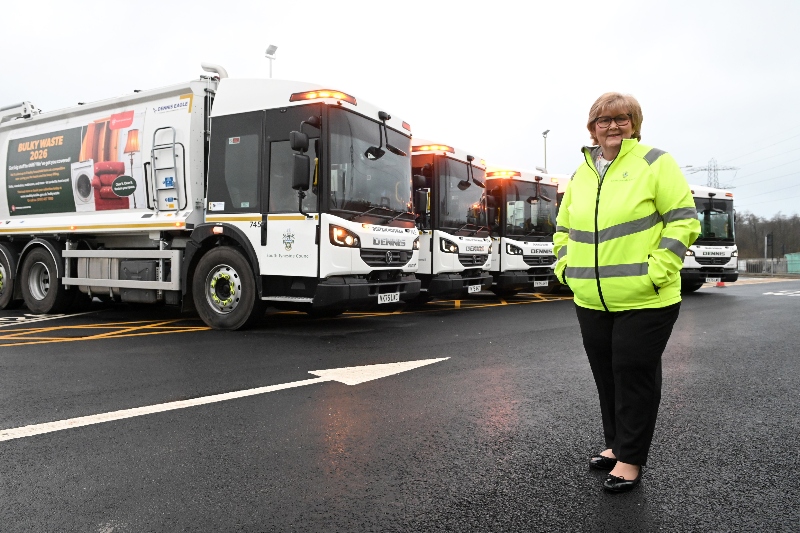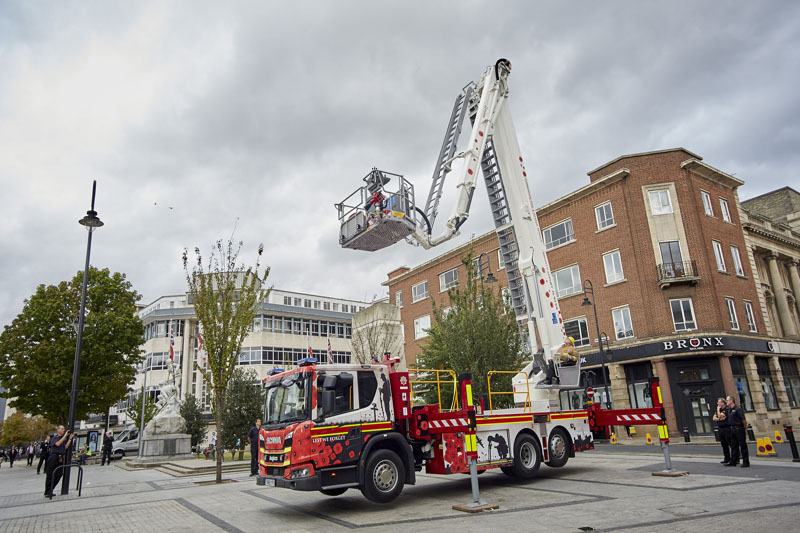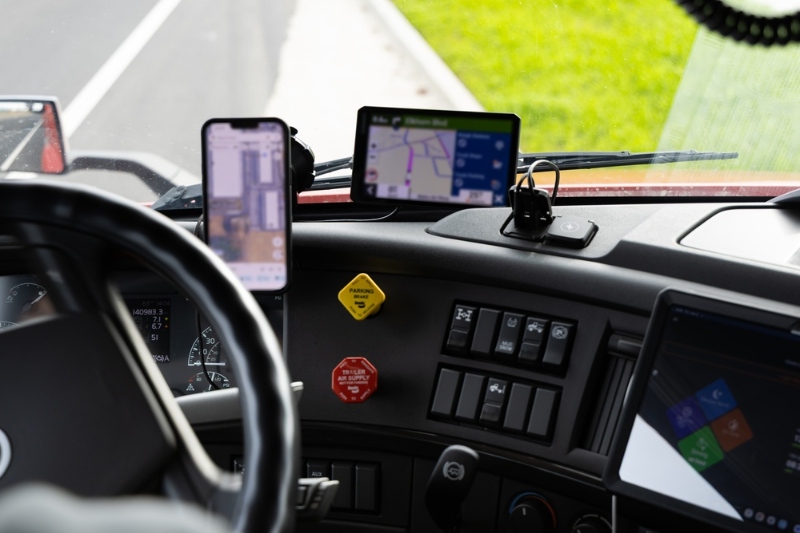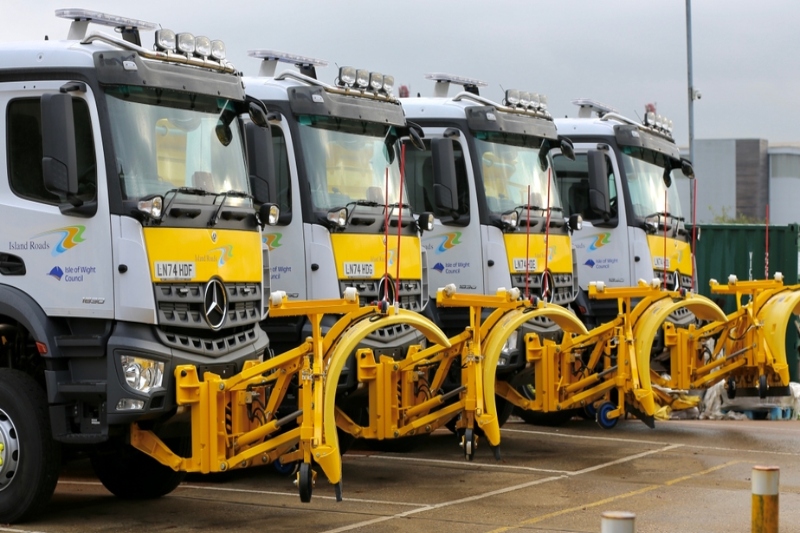'Stop focusing on individual road users and start changing behaviour at a cultural level to improve road safety,' said Professor Claes Tingvall, former head of traffic safety at the Swedish Traffic Administration, who discussed the development of Vision Zero in Sweden in the 1990s.
Professor Tingvall explained that 'going downstream' ' focusing enforcement on the road user who made the wrong decision in the critical moment ' is a counterproductive way to approach road safety. 'The legal system won't solve the problem, neither will training drivers, or teaching children the rules of the road.
'We used to have around 200 child deaths in traffic a year. Since we stopped training them in traffic rules, we have two or three. What did we do? We went upstream'
Vision Zero, he explained, is about systemic prevention. It means understanding that it is impossible to change people's behaviour on a one-by-one basis, that people instinctively copy the behaviour of those around them in traffic, and that the only way to change behaviours is to identify where decisions are made in the community about how the system functions. 'What we find is that there are a few people and organisations making decisions that impact all of us'
Seat belt use, drink driving ' these are examples of behaviour change on a cultural level.
Professor Tingvall stressed that there are two key things to consider when designing transport systems ' that people will make mistakes, and therefore the system needs to be able to cope with these, and that it must also take account of the human tolerance for kinetic energy. 'If we hit or are hit by something over that threshold, we will be hurt or killed'
What does it mean to go upstream in practice? If a truck driver is breaking the speed limit, try to understand why this is happening. Is the driver time pressured? Who can change this? Talk to the CEO of the company and tell them they have a problem rather than punish the driver.
How does this relate to fleets? In many countries, the majority of new cars are bought by fleets for either public or private use. So to change the behaviour of car buyers, talk to fleets, not individuals. To illustrate this point, Professor Tingvall explained how the Swedish Government, which buys less than 1% of fleet vehicles in the country, influenced the take up of electronic stability control technology from 15% to 90% of all new car sales within 40 months.
'We called all the car importers and told them that we would not be purchasing or renting any vehicles that did not have this technology. It would have been impossible to do this through regulation, but by sending the right message to importers, they changed very quickly. It's not regulations that change things'
He also cited Volvo's target that no one will be killed or seriously injured in a Volvo of 2020 model or later. Already Volvo has improved the safety of its vehicles by 80-90% over 1995 models. 'These differences in safety are mainly driven by demand from consumers and fleet managers'






